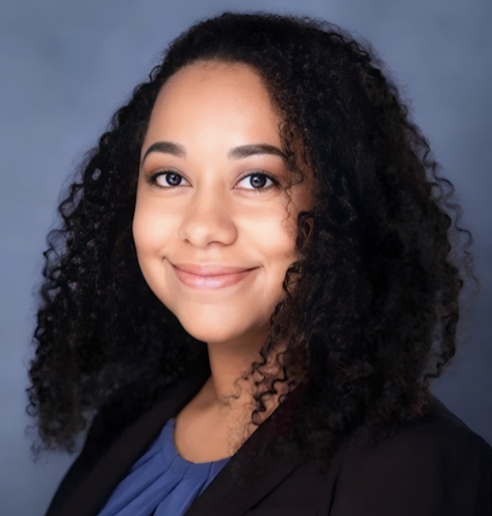So, the time has come to apply to medical school. You’ve spent countless hours studying for your pre-med prerequisites and the MCAT, dedicated your free time to pursuing shadowing opportunities or research or volunteering or all the above and then some, when you come to the dreaded prompt on your medical school application:
“Use the space provided to explain why you want to go to medical school.”
If you’re anything like me, you sat there wondering how you were going to be able to sum up who you are and all you’ve done in 5300 characters.
The answer is you can’t. And you shouldn’t! But if not that, then what should you include?
When thinking about how to begin writing your personal statement, it’s important to first reflect on why you are asked to write a personal statement in the first place. They purposefully make the prompt frustratingly vague. But you can use this to your advantage because there is no single right answer. Medical schools use this portion of the application to hear about you in your own words rather than through the filter of teachers or exams or test scores. Rather than viewing your personal statement as an autobiography, think of it as a brief snapshot of one piece of you. What is important to you and does that align with the values of the school? What kind of doctor would you be? Are you the kind of future doctor they would want to take care of their loved ones? While those questions are certainly daunting, the good news is no one is better suited to tell your story than you.
Here are some brief tips to get to hopefully help you to get to the heart of this story:
The process of writing a compelling personal statement for medical school begins with thoughtful introspection and planning.
Understanding the story you want to convey about yourself is crucial for creating a narrative that resonates with admissions committees. Often, I see pre-meds fall into the trap of thinking their personal statement must be a traumatic or life-changing medical experience. If there is truly a medically related experience that changed your life or influenced you to go into medicine, please go for it! But don’t think that this is a requirement. Some of the best personal statements that I’ve seen begin with seemingly innocuous things like Sudoku or baking.
Next, focus on content, not structure.
Often as pre-medical students, we suffer from the desire to be perfectionists (myself included). But the first step in drafting a compelling statement is to know what you want to say, not necessarily how you want to say it. And it is hardest to start writing from a blank page. Jot down your ideas as they come in bullet points. Don’t worry about how it sounds. Imagine you are trying to tell someone why something is important to you in 1 minute. Write down as much as you can and then take a day and come back to re-read it again with fresh eyes.
It might also be tempting to give a chronological retelling of how you got to this point, but you should avoid the trap of thinking you have to give a play by play of your pre-med journey. While yes, your personal statement should contain a “narrative” or uniting idea at its core, often it is more powerful to do this thematically rather than chronologically. This will help you avoid just reiterating what is on your resume.
Start by thinking about what’s important to you.
Remember, this does not have to be something clinical! Another way to think about this is, what activities do you do that you never get tired of? Then dive deeper into why this activity is so enjoyable to you. Other questions that may help with this step include: When did you know you wanted to be a doctor? What led you to that point? What were the 2-3 most fulfilling professional experiences you’ve ever had and why? Who do you admire and why? Then we can work on connecting those traits and activities to what you can bring to medicine in themes like resilience in the face of adversity, a commitment to service, a passion for scientific inquiry, or a desire to address healthcare disparities.
I understand that this is easier said than done, but here are some examples:
- What: I love playing volleyball and played throughout college.
- Why: I realized part of the enjoyment was getting to work together as a team and problem solve a strategy to win. Teamwork and problem-solving are traits that translate well to medicine even if volleyball isn’t a medically related activity.
- What: Reading was incredibly important to me as an only child growing up with a single mom who read to me every night.
- Why: I became fascinated by how to tell stories well. Story telling is core to medicine—we translate the stories of the human body, and we translate the histories of our patients into a unifying diagnosis.
Notably, these examples have nothing outwardly to do with medicine. But I was able to connect those activities to an experience I had in medicine later in the personal statement to show (not tell!) what kind of doctor I’d be.
I hope these tips help you get started with drafting a personal statement. Although this is a stressful time, I encourage you to embrace the journey, embrace your narrative, and trust in your ability to make a meaningful impact in the field of medicine.

Comments